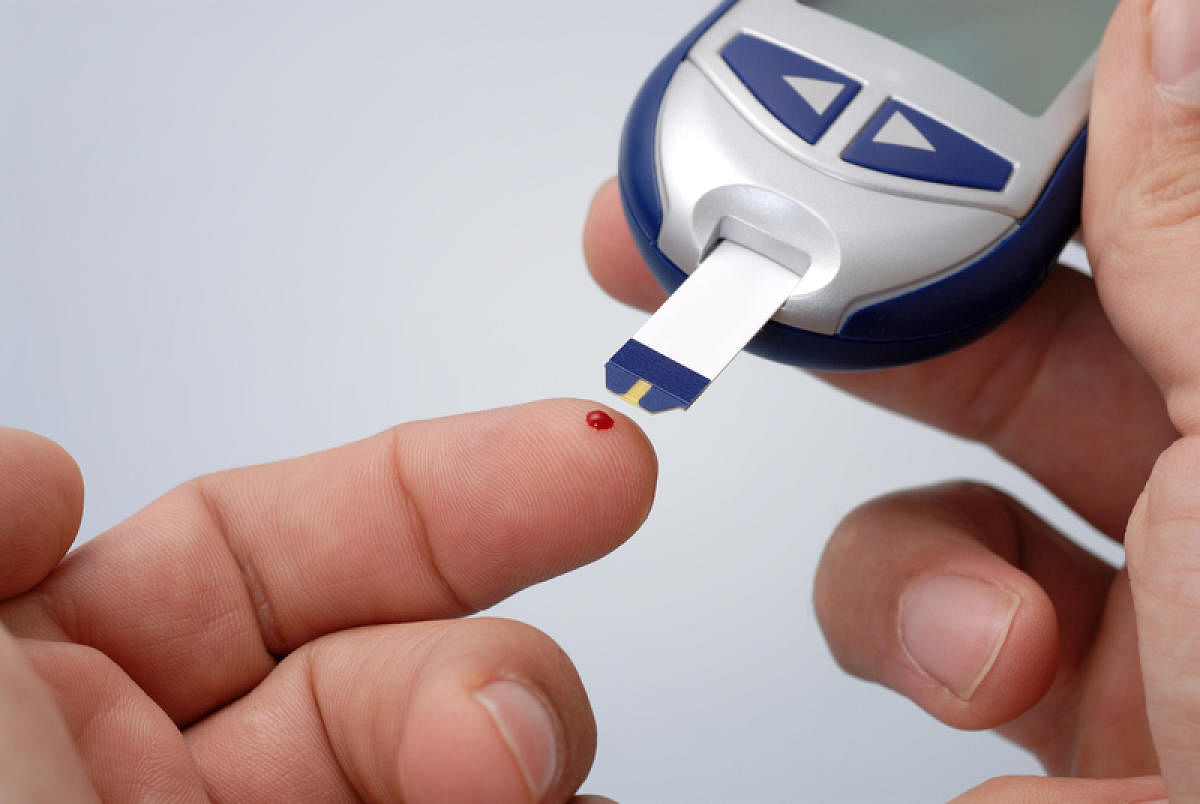
A large number of Indian-diabetic males experience problems in their sex life and the longer the disease is, the problems are more.
As many as 83% of patients suffering from diabetes for 6-10 years, do experience some form of erectile dysfunction (ED) out of which nearly 11% face a severe form of ED.
For people having high blood sugar for 10 years and more, erectile dysfunction is seen in 78.6% individuals of which 16.4% have severe dysfunction, says a new study, carried out by doctors at Sir Ganga Ram Hospital here.
The study provides fresh evidence on the debilitating impact of diabetes, which is India's biggest public health threat from non-communicable disease, affecting an estimated 50-million plus population.
For the study, the doctors picked 225 males, aged 18-65 years, with type 2 diabetes, visiting the hospital between August 2015 and June 2017.
Also 50 non-diabetic males in the same age group were identified as control.
They found that nearly 79% of them (173 diabetic patients out of 225) had some degree of ED whereas the prevalence in the non-diabetic group is 46%.
While this is in conformity with past research, Delhi doctors showed how the duration of diabetes increased the problems in unsuspecting patients.
The prevalence is the least among patients having diabetes for less than five years.
“It happens with uncontrolled diabetes. The problem can be tackled to some extent if the blood sugar level is controlled,” Atul Gogia, one of the researchers involved in the study and a senior consultant at the department of medicine of the hospital, told DH.
Published in the journal Current Medicine Research and Practice, the study reports higher prevalence of the taboo-disease when compared against the findings of another study published almost nine years ago.
“For erectile dysfunction, there are treatments available— psychological, behavioual as well as medicine— if the affected individual shed inhibition and come to a doctor.
"Another worrying finding is that even among non-diabetic individuals, there is 46% prevalence, which may be due to stressful life, lack of sleep, alcohol and tobacco use. We haven't studied the trend, but it is worth investigating,” Gogia said.
